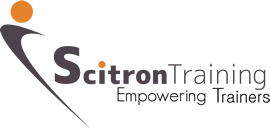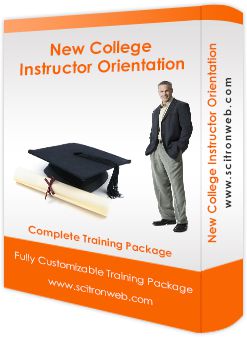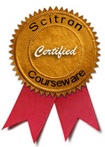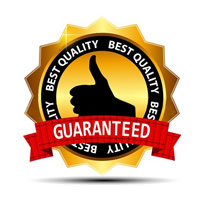(Getting along in the workplace)
A 2 day workshop
At times we lose sight of the fact that all this conflict is normal. So long as people are individuals there will be the potential for conflict. Since you can’t prevent conflict, the most important thing is to learn how to handle or manage it in productive ways. What is critical for resolving conflict is developing an understanding of, and a trust in, shared goals. It requires openness, discipline, and creativity. Showing respect for other people and not blaming them enables people to work for mutual benefit. These are the skills that you will develop in this two-day workshop.
How You Will Benefit:
• Understand what conflict is and how it can escalate.
• Recognize the five most common conflict resolution styles and when to use them.
• Increase positive information flow through non-verbal and verbal communication skills.
• Develop effective techniques for intervention strategies.
• Strengthen staff trust and morale.
• Become more confident of your ability to manage conflicts to enhance productivity and performance.
What you will cover:
• Positives and negatives of conflict
• Picking your battles – when is it a conflict? And when should an action be taken?
• Types of conflict
• The Johari Window
• The five stages of conflict
• Your conflict resolution style
• The communication Funnel
• Questioning and listening skills
• Practical conflict resolution steps process ( Video Sample situations)
• Facilitation Skills
• Setting norms
• Making an intervention
Detailed outline of Topics:
(This outline can be further modified to meet any specific needs that has not been previously addressed)
Defining Conflict
During this session, you will give participants a chance to explore some assumptions about conflict and the positives and negatives of conflict.
Types of Conflict
This session will cover three main types of conflict: inner, interpersonal, and group. We will also look at open conflict vs. hidden conflict.
Spontaneous and Reflective Action
When people are under stress, they are more apt to revert to spontaneous action and then regret their choice of words. This session explores spontaneous and reflective action through a brief lecture.
Johari Windows
The Johari Window is a way of looking at our self‐awareness and our ability to ask feedback of others. We will look at the Johari Window in detail through a personal exercise and a case study.
Stages of Conflict
During this session, we will look at two models of the conflict process, some possible outcomes of a conflict, and strategies for dealing with conflict.
Win as Much as You Can
This quick, fun exercise gives participants a break and helps them learn about conflict outcomes.
Conflict Resolution Style Questionnaire
Participants will individually complete a questionnaire to help them identify their style of conflict resolution.Then, they will work in small groups to further examine their style.
The Role of Communication in Conflict Resolution
Active listening, paraphrasing, questioning, and body language are just a few of the tools that we can use to resolve conflict. We will look at all of these concepts in detail through lectures and role plays.
Seven Steps to Ironing Things Out
There are seven easy things that you can do to start resolving conflict. We will explore each method briefly in a short lecture.
The Conflict/Opportunity Test
Using a role play, this session will give participants some questions that can help them identify the benefits of a conflict.
Conflict and Its Resolution
This session will look at a few processes that we can use to identify and resolve conflict.
Facilitating Conflict
Facilitation skills have become a cornerstone of many leadership models. This session will look at facilitation and how it can be applied to conflict. Participants will also practice facilitation skills in a role play.
Setting Norms
Norms are a set of rules that a group agrees to act by. Setting norms during a conflict situation can help members stay calm, rational, and focused on the problem.
Making an Intervention
Leaders often find themselves in a situation where they need to intervene to help a group resolve conflict. This session will explore some ways to intervene effectively.
“ Between You and Me “ DVD Movie
Conflict Resolution movie Critique and Review of practical steps for resolution and filling out a practical action plan.


















